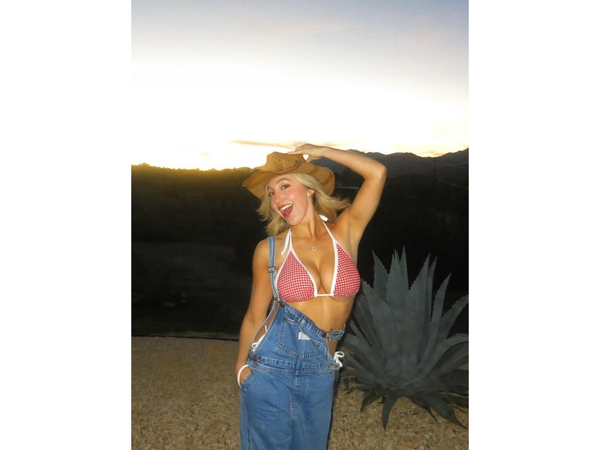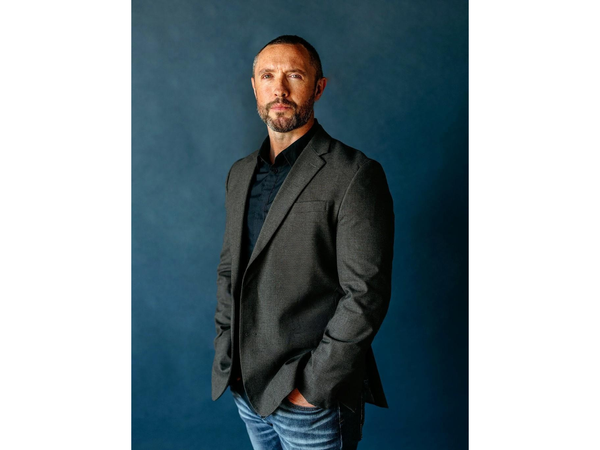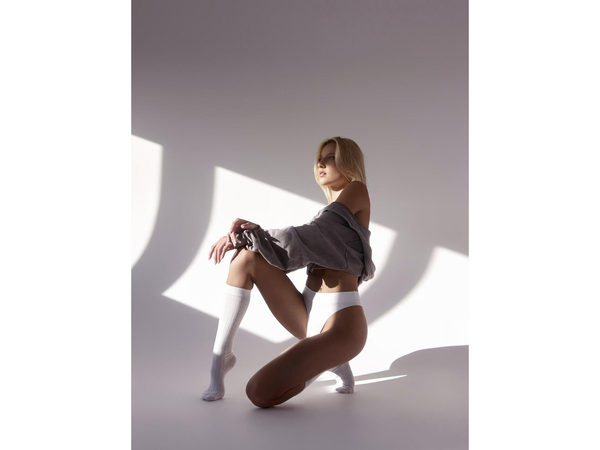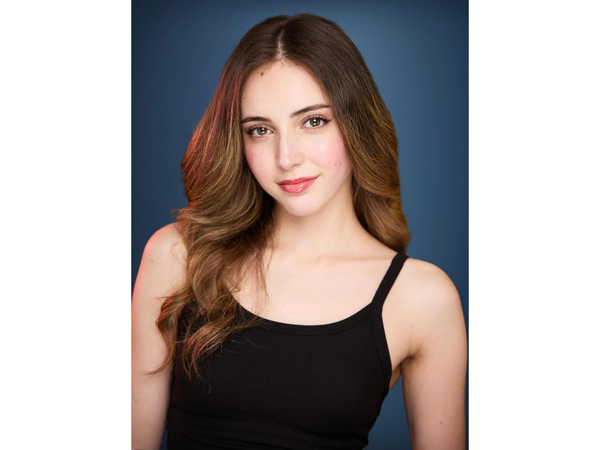LEIF JOHNSON TALKS MR DOOM
"Finding where comedy and tragedy meet"
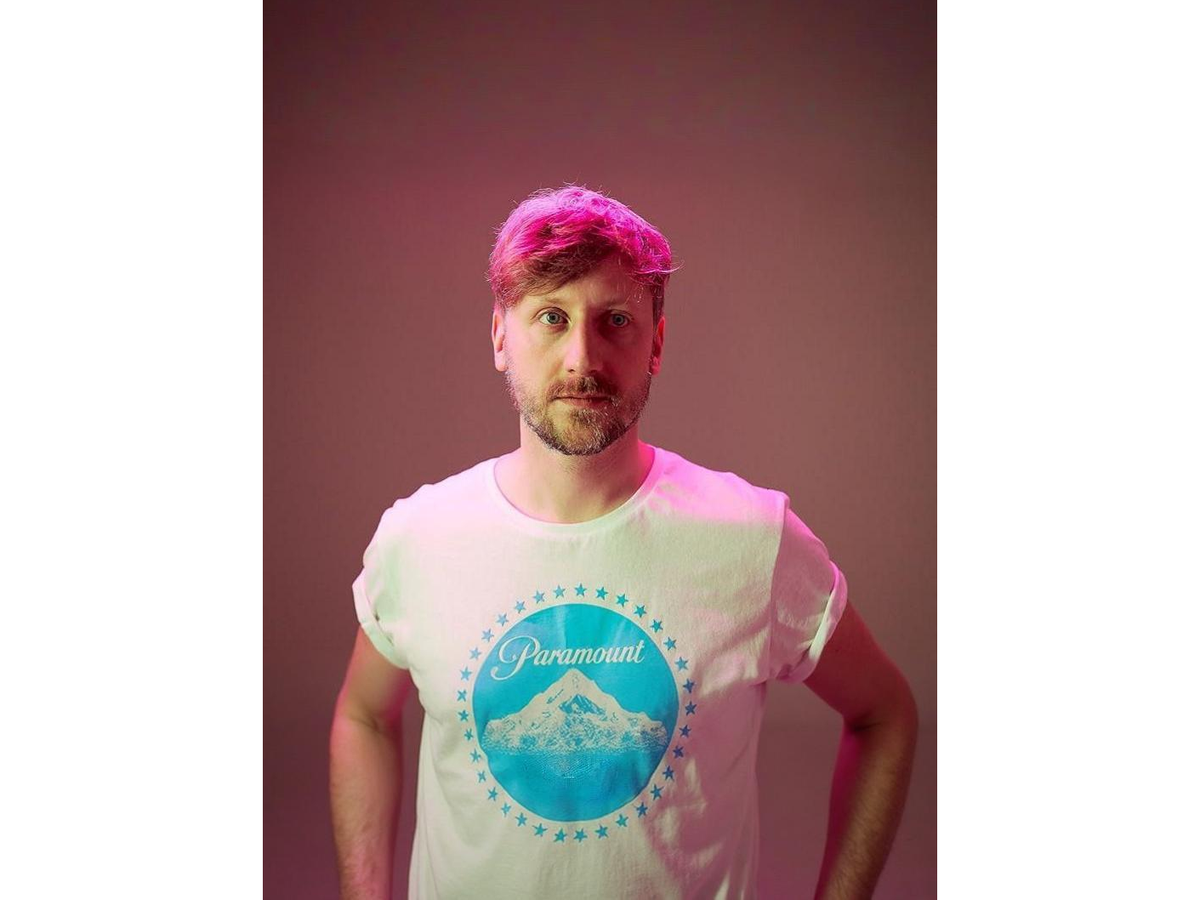
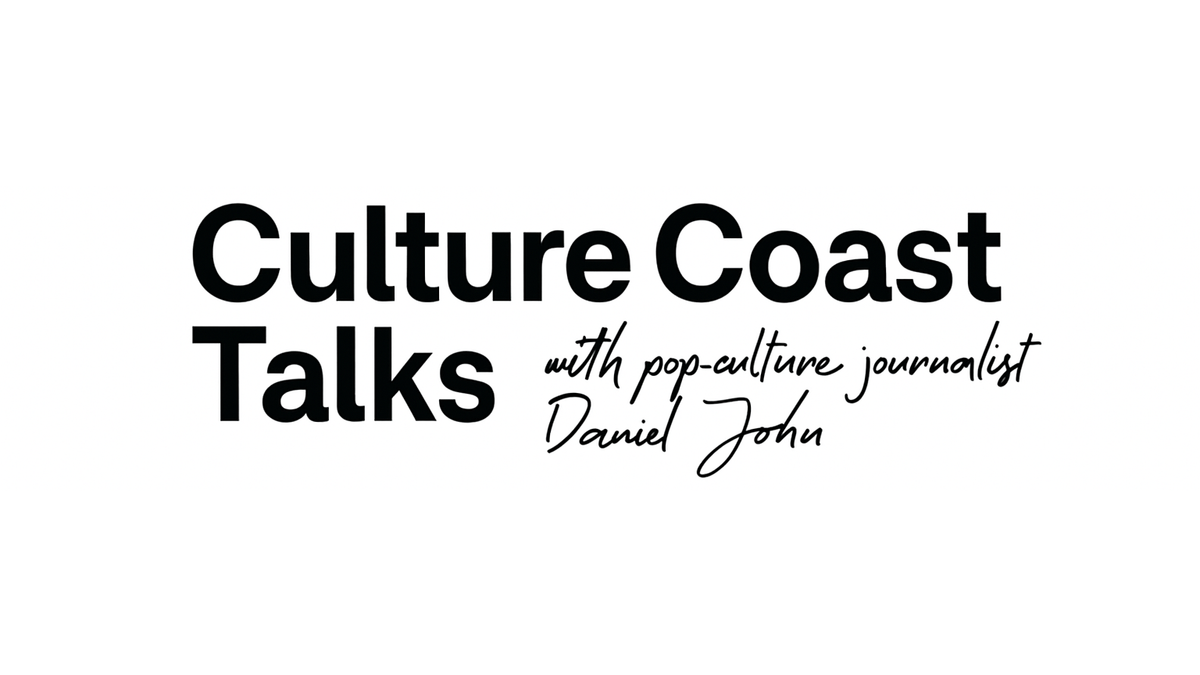
While the story of ‘Mr Doom’ jumps over the rail and banks on chaos, many can recognize these people on the fringes, always with a larger-than-life high stakes story, though not necessarily true, to tell?
'Mr Doom' was really born from the people and tales I grew up around. I come from a working class town in the North of England, and I’ve spent my life meeting larger-than-life local legends, usually found in their local pub with no steady jobs, but always a hustle going on. These pub storytellers would spin wild yarns, often unsuitable for young ears, about their exploits, and I was fascinated by that blend of truth and bravado. These colourful characters were pub philosophers, hustlers, lovable rogues, and inspired the chaotic energy and over-the-top personalities in 'Mr Doom'. In fact, I started writing the script during the 2020 lockdown as a personal challenge to create a feature that was character focused and could be shot on a modest budget. It all clicked when I realised this story was meant to be written, a love letter to those Northern underdogs I’ve knew and loved. Even the title 'Mr Doom' itself is a little homage to one of my favourite pool films, in 'The Color of Money', Vincent Lauria is asked what’s in his cue case and he quips, “Doom”. That wink to a classic felt fitting, because our film also reimagines 'The Color of Money' in a small-town setting. Swapping pistols for pool cues, but with a darkly comic, spaghetti-western twist. So, in short, the inspiration came from real life, those high-stakes storytellers on the fringes, and the desire to capture their larger-than-life spirit in an entertaining, offbeat redemption tale.
Was there a reason for casting mostly stand-up comedians?
Absolutely. From the start, I knew I wanted authentic Northern voices and a natural comedic edge, so casting stand-up comedians made perfect sense. I wrote the lead role Jack for Danny Sutcliffe, I’d seen his comedy and knew he’d absolutely kill it. 'Mr Doom' is Danny’s first feature film role, but you’d never guess, he’s an exceptional talent and brought so much chaotic charm to Jack. His co-star, Danny Parsons, is another great actor who I was lucky to cast, the two Dannys have a perfect chemistry. Overall, comedians understand the balance of humour and darkness in life. That understanding allowed them to nail the film’s bittersweet tone, finding where comedy and tragedy meet. Also, these characters are the kind of witty, flawed individuals you meet in Northern pubs, and only a true Northerner can capture that vibe authentically.
We're seeing some first-timers but some of the cast you had worked with before?
As for familiar faces, I was thrilled to bring in two Manchester legends, Clint Boon and Smug Roberts, in supporting roles. Clint and I go way back, we actually met twenty years ago when I was a film student bartending at a club where he DJ’d, and I cast him in my old short film 'Ring Road' back then. Having him play the barman in 'Mr Doom' felt like coming full circle, a real homecoming for both of us. So yes, the cast is a mix of old collaborators and new talent, but they’re almost all comedians at heart. That was a deliberate choice, because their improv skills, timing, and genuine warmth brought a ton of humanity to the film’s hilarity and chaos.
What did your start in filmmaking look like?
My journey into filmmaking was a bit scrappy and very hands on. I’m Manchester- born and grew up in the 80s and 90s obsessing over movies, music, and pop culture. As a kid, I was so eager to make films that I worked in a kitchen for £2.50 an hour at age thirteen just to save up for a Hi8 camcorder. Once I had that camera, I’d rope in friends to shoot short films on weekends. It was thrilling, and that’s when I knew, this is what I want to do for the rest of my life. Professionally, my path wasn’t straight to directing. I started my career as an editor in TV, cutting my teeth on broadcast projects. Editing was a fantastic training ground, it taught me about pacing, storytelling, and how to build a narrative from the ground up. I eventually moved into directing music and fashion programs, and later commercials and short films. By the late 2010s I was writing and directing shorts like 'Kowloon Killers' and 'Satisfaction', while still often editing my own work, old habits die hard! All those experiences from editing in a busy post-production suite to shooting guerrilla-style shorts with friends, shaped my voice as a filmmaker. It was a long grind of learning every facet of production, but I honestly wouldn’t trade that winding road for anything. It gave me the toolkit I needed when I finally stepped up to make my first feature.
Any films or filmmakers that has influenced your style?
Definitely, I’ve been influenced by a mix of British cinema and some more unexpected sources. In terms of storytelling and tone, I’m a huge fan of Shane Meadows. I love his bittersweet narratives with rough-edged, lovable characters, and I’ve tried to capture a similar truthfulness in my own characters. 'Mr Doom' in many ways is like 'The Color of Money' meets Shane Meadows, but in a small northern town, so that gives you an idea. I’m blending a classic Scorsese poolhall vibe with gritty British realism. Visually and rhythmically, I’ve always admired Edgar Wright’s dynamic style, his quick cuts and energetic sequences inspired how we shot the pool games in 'Mr Doom'. I’ve also got a lifelong love of genre cinema. I grew up watching Hong Kong action films by directors like John Woo, Sammo Hung, Jackie Chan, and they taught me a lot about visual storytelling and editing pace through their choreography and camera work. That might seem far from a British pool comedy, but that sense of timing and movement influenced my style subconsciously. We even infused a Ennio Morricone-inspired score into 'Mr Doom' to give it that operatic Western feel in places. So, you’ve got this odd mix in my brain, Shane Meadows, Edgar Wright, classic Scorsese, Hong Kong action flicks, and Sergio Leone-esque westerns, somehow all of that stew of influences finds its way into my work. I think it’s important as a filmmaker to embrace whatever inspires you, even if it’s eclectic, and let it shape your own unique style.
Was directing your first feature different from your prior work?
Making my first feature was both an exhilarating step up and a natural progression from what I’d been doing. On one hand, I felt ready with twenty years in TV and film to build my skills, and doing shorts like 'Satisfaction' in 2019 was a great warm-up for a feature. In fact, shooting 'Satisfaction' taught me how much we could accomplish in a limited time, and how crucial it is to pick locations that work for you, that was like a rehearsal for how we approached 'Mr Doom'. On the other hand, a feature film is a marathon, not a sprint. The biggest difference was the endurance and scale of the project, keeping the narrative tight and the energy up over a 90-minute runtime. We shot 'Mr Doom' in just sixteen very long days, often in the hottest part of the summer with a tiny crew, many of us wearing multiple hats. I won’t lie, it was intense! I even pulled double duty as a producer and director on this, essentially handling logistics while also focusing on the creative side and I learned the hard way how challenging that is. I’ve joked that I won’t take on both those roles again because producing alone is a big job and I have newfound respect for good producers. Despite the hectic schedule and the juggling act, my background did help me feel prepared. My editing experience meant I was always thinking ahead on set, making sure we got the coverage and shots I knew I’d need in post. My time doing music videos gave me a sense of how to keep visuals engaging moment-to-moment. So, while the scale was larger and the pressure was higher, I leaned on everything I’d learned over the years. It was challenging, absolutely, but at the same time it felt like the culmination of all those smaller projects. Once we got rolling, it was like, “Okay, I know how to do this, just on a bigger canvas.” And honestly, I loved every minute of it, even the 4am finishes and the no AC cafe shoots, because it was the dream I’d been preparing for all along.
What would your "pool tip" be for those who are just beginning their hustle in filmmaking?
I love this metaphor. In pool and in filmmaking it’s all about lining up your shot and having the confidence to follow through. My tip for new filmmakers is to keep hustling and stay persistent, just like a pool player who keeps taking shots even after a miss. First, work on your skills, learn your craft, and always keep your eye on the “ball”. Stay clear of people who like to say no. Those who shoot down ideas or drain your enthusiasm. If someone isn’t a good fit for your creative journey and is only holding you back, don’t hesitate to cut them loose. Stay hungry, stay focused, and enjoy the hustle.
Good filmmaking tends to take time, have you kept yourself busy since leaving the 'Mr Doom' film set?
I definitely didn’t sit still after 'Mr Doom'. In fact, I’m already deep into developing my next feature, which is taking a wild turn into a different genre. The next film is a horror called 'Freitag', and I’m extremely excited about it. I’ve always loved genre movies, and horror is a space where you can be as outrageous and creative as you like. 'Freitag' will be a uniquely dark but also funny story, which probably isn’t a surprise given my taste for dark comedy. It’s a completely different ride than 'Mr Doom', but it will still have that blend of humour and heart amid the thrills. If anything, doing 'Mr Doom' only made me more eager to dive into the next challenge. Keep an eye out for 'Freitag', with a bit of luck you will be hearing about that one soon enough!

